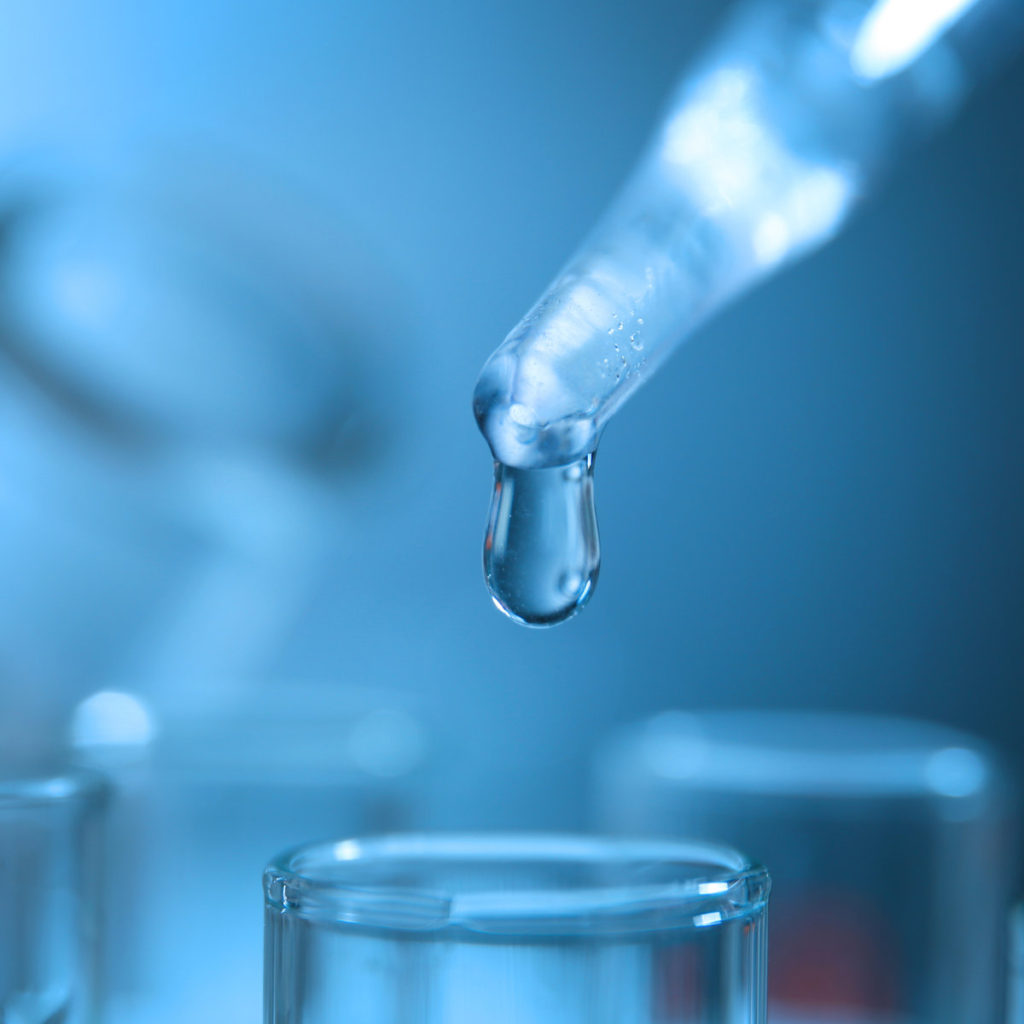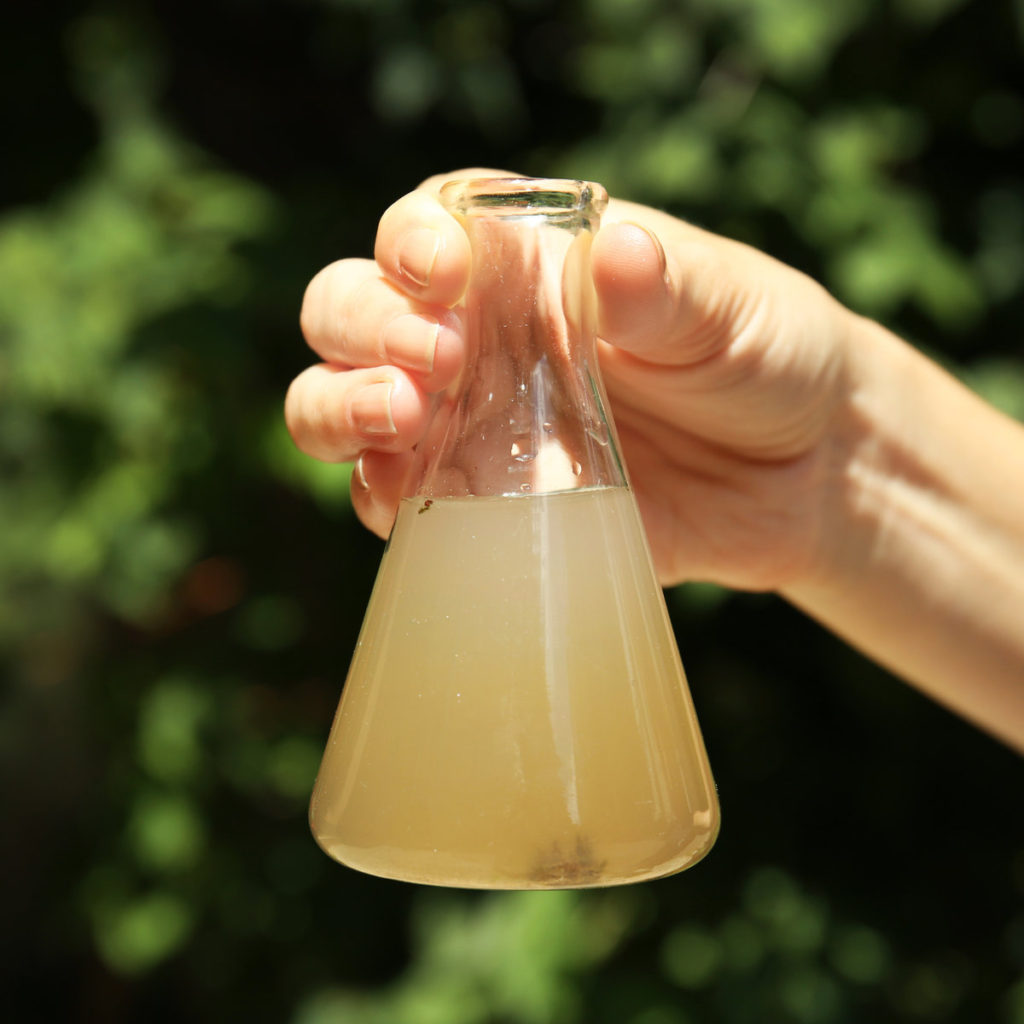
What Is Water Testing?
Have you ever wondered if the water in your home is safe? With all the environmental concerns, it is a common concern for many homeowners. Thankfully, today there are water testing services or at-home water testing kits. Why water testing is important?
It can be said about two bodies of water as it is with two human bodies, neither are the same. Even two bodies of water, one on each side of the street, could have drastic differences. Water testing services allow water quality parameters to be checked and measured and determine if nutrient remediation is needed.
A professional water testing service will not only determine if the water in your home is safe but if there are any problems that are affecting the quality and taste. If your water is tasting metallic or has a rotten egg odor, a water testing service can narrow down the cause and advise what steps should be taken to eliminate those things.
Water testing service will measure the pH level and the hardness level of your water as well. These are things that can affect not only the plumbing and water use appliances but your family’s health as well. While there are laws in place to assure our drinking water is safe, things can still get by the processing or get picked up along the way from the water treatment facility to our homes.
What are the important things to check in water testing?
A water testing service helps determine the health and safety of the water supply, and the water treatment system’s performance. Those who live where their water comes from a municipal water system will typically get an annual water quality report.
However, if you have well water, there isn’t any annual water reports. In addition, homes built before 1986 were not mandated to use lead-free pipes. So, regardless of how safe the water report reflects, the plumbing in your home could lead to leaching into the water as it comes through the faucets. A water testing service will test for the following:
- Basic water potability
Testing for chloride, coliform bacteria, fluoride, hardness, iron, manganese, nitrates, pH, sodium, sulfate, and total dissolved solids.
- Coliform bacteria
The presence of microorganisms in the water has the potential to be harmful to human health.
- Nitrate
A common contaminant found in groundwater and is a concern when on well water. Nitrates interfere with the blood’s ability to carry oxygen. A high concentration of nitrate is specifically dangerous for babies six months old and younger.
- Ions
Ions such as chloride, iron, manganese, sodium, and sulfate can convey objectionable odor or taste to water.
- Sulfate
Disproportionate amounts of sulfate can have a laxative effect and has been known to trigger gastrointestinal irritation.
- Fluoride
Fluoride is essential for our bodies, but in excess, it has been known to cause dental issues.
- Total dissolved solids
Represent the number of inorganic substances, like chloride, sodium, and sulfate dissolved in the water which can affect the taste of water.
- Additional testing
Other tests that can determine contaminants in water, especially groundwater feeding wells are arsenic, selenium, and uranium. For both groundwater and surface sources, a water testing service can find if there is any pesticide contamination.
What are water testing parameters?
Water testing services focus on six parameters that are assessed for aquatic macroinvertebrates which determine water quality. Those 6 parameters are:
- Temperature
- pH
- Turbidity
- Salinity
- Nitrates
- Phosphates
How do you conduct a water test?
Whether you’re on city water or well water, there may be chemicals, contaminants, and the overall pH balance that you should be aware exist. The at-home water testing service kits on the market today have proven to provide accurate results. With that information, you can choose a water filter that will serve your household the best. There are a variety of water testing service at-home kits, complete with the strips and powders needed, based on what it is you’re needing to know.
- The water sources: The water source you have will determine what kind of water testing service kit you need. For city water supply, the basic kit will cover the common contaminants like chlorine and lead. For well water, you’ll need a water testing service kit that is comprehensive screening for pesticides.
- The water quality: Most of the water testing kits for quality are one-use only. If you will be testing on a regular basis, your better option would be to use a professional water testing service lab.
- Quality test strips: Water testing service test strips are more commonly used because of their affordability and ease to use. You should follow the directions thoroughly for the best and most accurate results.
- Powder kits for bacteria water testing service: Instead of using strips, these kits have a powder where you add a few water droplets to the powder in a container, shake, and compare the colors to a chart. The accuracy of these types of water testing services is better than the test strips. If you need to know How to test water for bacteria at home, the powder water testing service kits are the better option.
- Which contaminants: Which water testing service kit you choose should be based on what contaminants you’re concerned about. For instance, often well water is common in the country and rural areas where water runoff from the nearby farm fields could have levels of fertilizer or pesticide toxins. With that in mind, you should choose a kit that tests for the following:
- Bacteria
- Chlorine
- Lead
- Nitrates
- Nitrites
Additionally, it may be helpful to have a water testing service kit that will walk you through how to test the pH of water, how to test for lead in water, and general hardness when there are water quality issues with smells and tastes.
- Calibrate to EPA standards: There aren’t any home water testing service kits endorsed by the EPA (Environmental Protection Agency), but they do provide a guideline on the frequency that water should be tested. You can also get a list of risk factors for your water that have the potential of contamination.
Are water testing kits accurate?
As we mentioned, the powder-type water testing service kits have been to be more accurate than the strip type of water testing. Water test service kit’s accuracy can vary by manufacturer, but all are calibrated to EPA testing standards. Some will even have an EPA certification for accuracy.
Which pH water is best?
The United States federal agency, Environmental Protection Agency recommends that water sources for public consumption should have a pH level of 6.5 to 8.5 with 7 being the best on a scale measuring between zero and fourteen.

In Conclusion
If anyone in your family is having consistent health issues that doctors haven’t been able to alleviate, it may be worthwhile having a professional water testing service performed. Some of the diseases that can be caused by unhealthy water include:
- Cholera
- Diarrhea
- Dysentery
- Hepatitis A
- Typhoid
To keep you and your family safe, give us a call at 800-633-8469 for professional water testing and treating.
